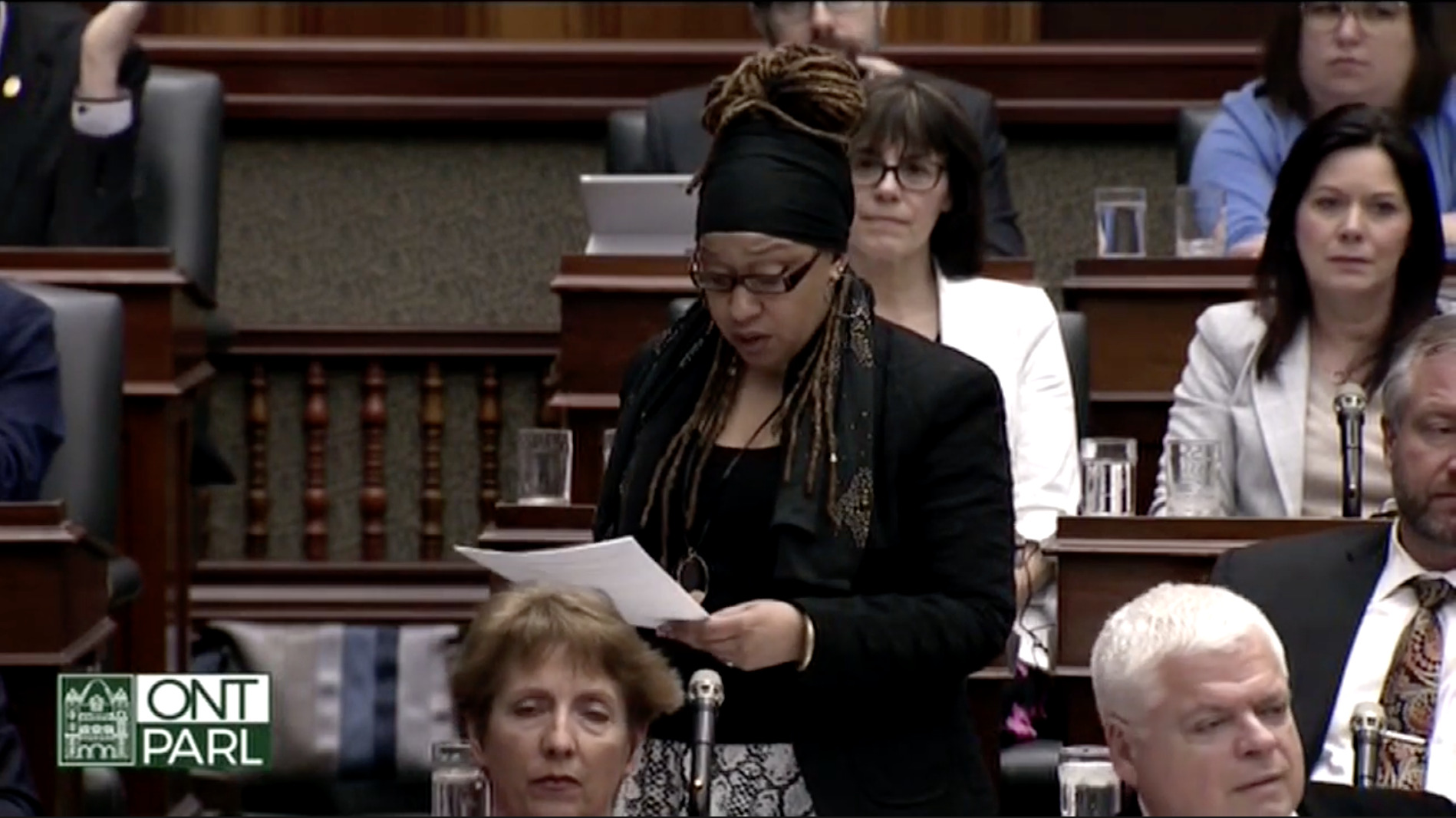Taigen Walton, a 26-year-old American Sign Language Interpreter and a graduate of B.C.’s Douglas College, has been wanting change in education curriculums across Canada since she was assigned to read what she called a racist and highly offensive article for one of her classes.
The article entitled “Characteristics of Oppressed and Oppressor Peoples: Their Effect on the Interpreting Context” was part of the required material in the course. The article compared the oppression of minorities to that of deaf people.
The article referenced Black people as being violent, aggressive, and ignorant. Walton said it referred to Black-on-Black crime and described Black men and women as people who do not love themselves because of their looks.
The article was written in 1986 and Walton said her professor had not read the article beforehand because it had always been used in the course. Nevertheless, it was a required reading that was assigned to every interpreter program in the country.
“Not only the fact that this is outdated and wrong information but it should not be used in school, especially in 2019,” Walton said.
Racialized students across Canada have been subjected to concerning material and have had to deal with racist comments from teachers and their peers. Laura Mae Lindo, Kitchener MPP and Anti-racism Opposition Critic tabled Bill 67, a private member bill last December entitled Racial Equity in the Education System Act.
It passed second reading at Queen’s Park and is now undergoing review by the Standing Committee on Social Policy.
The briefing notes said it would provide Ontario with the necessary language, ministry oversight, and plans to ensure there are actionable equity strategies in publicly funded schools and post-secondary institutions to keep people safe.
“The current anti-racism act in place is very general and the Ontario Education Act does not have one mention of racism in it,” Lindo said. “I want this bill to be a starting point for what it means to foster a school system where anti-racist teaching is a requirement.”
RELATED STORY: Antisemitism rises in Ontario schools.
Elementary students to students in higher education are battling with discrimination.
Roaine Coy Pinnock, studying Political Science and Women’s Studies at the University of Ottawa, said she has had first-hand experience of professors using the N-word in class. Pinnock said an open letter was distributed last year and signed by 34 professors defending their right to use racial slurs in class.
She said it was extremely upsetting to see such a harmful and derogatory term being thrown around in class by teachers. The dean responded by sending out an email saying the school prioritized freedom of expression and learning in the classroom.
Lindo crafted her bill to support an education system that introduces anti-racism language and provides both students and educators tools to encourage racial equity.
“When something does arise that requires an anti-racist skillset, educators don’t have it. Fighting for curriculum changes supportive of anti-racism cannot be done without training teachers first,” Lindo said.
She said the purpose of the legislation is to ensure experts are at the table and the government realizes the importance of this bill.
“There’s only $1,000 assigned to anti-racist initiatives by the government. It’s hard to rely on a system to address not understanding racism when the system itself doesn’t understand racism,” Lindo said.

